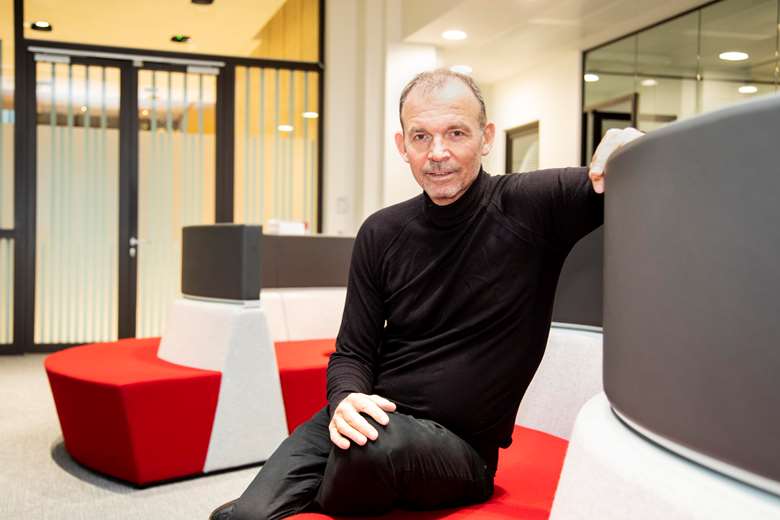Chris Cobb: 'ABRSM will become more candidate centred'
Saturday, January 2, 2021
The new CEO of ABRSM outlines his plans for the organisation, including making music exams more accessible to students

S Dutson

Register now to continue reading
Don’t miss out on our dedicated coverage of the classical music world. Register today to enjoy the following benefits:
- Unlimited access to news pages
- Free weekly email newsletter
- Free access to two subscriber-only articles per month
